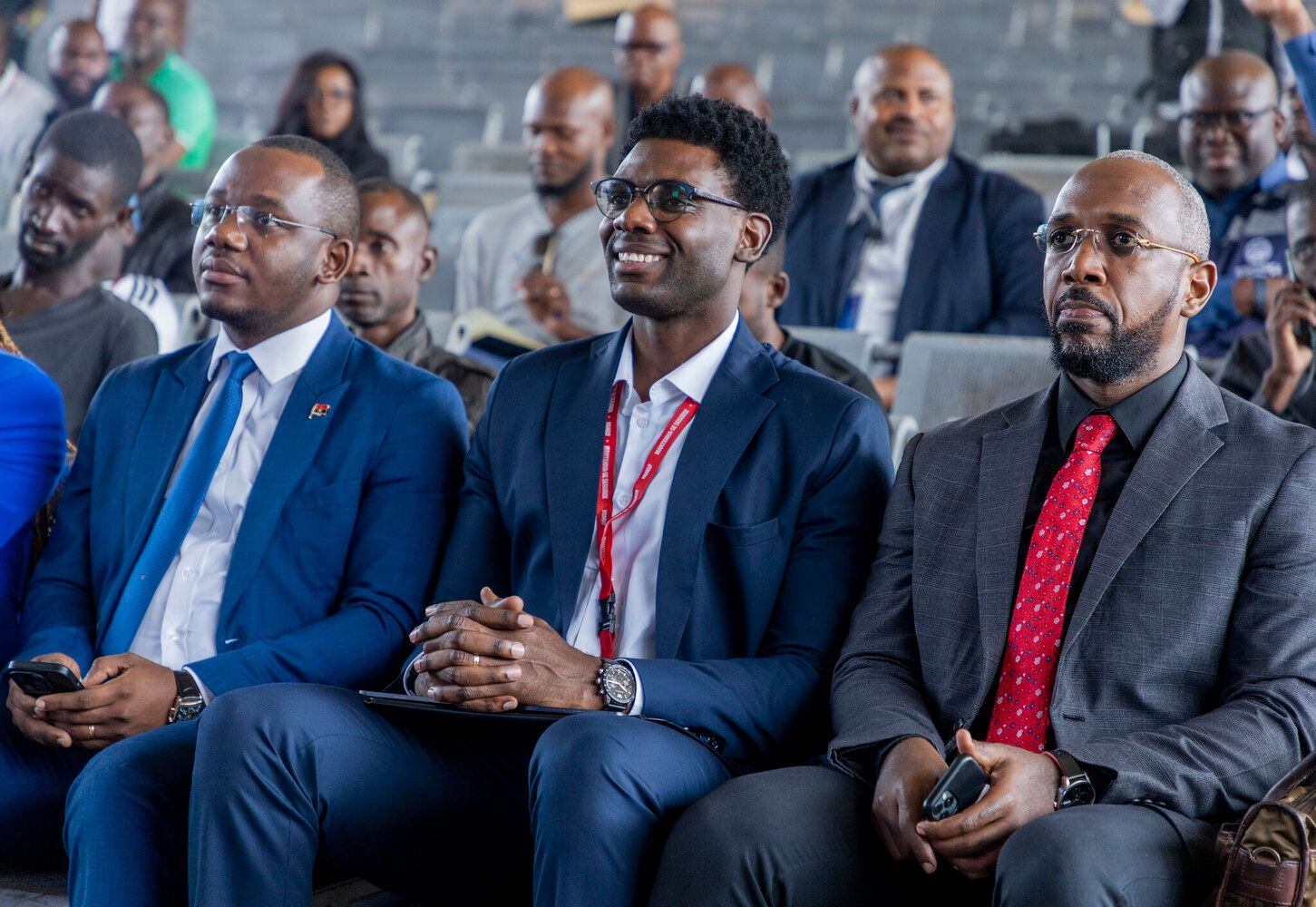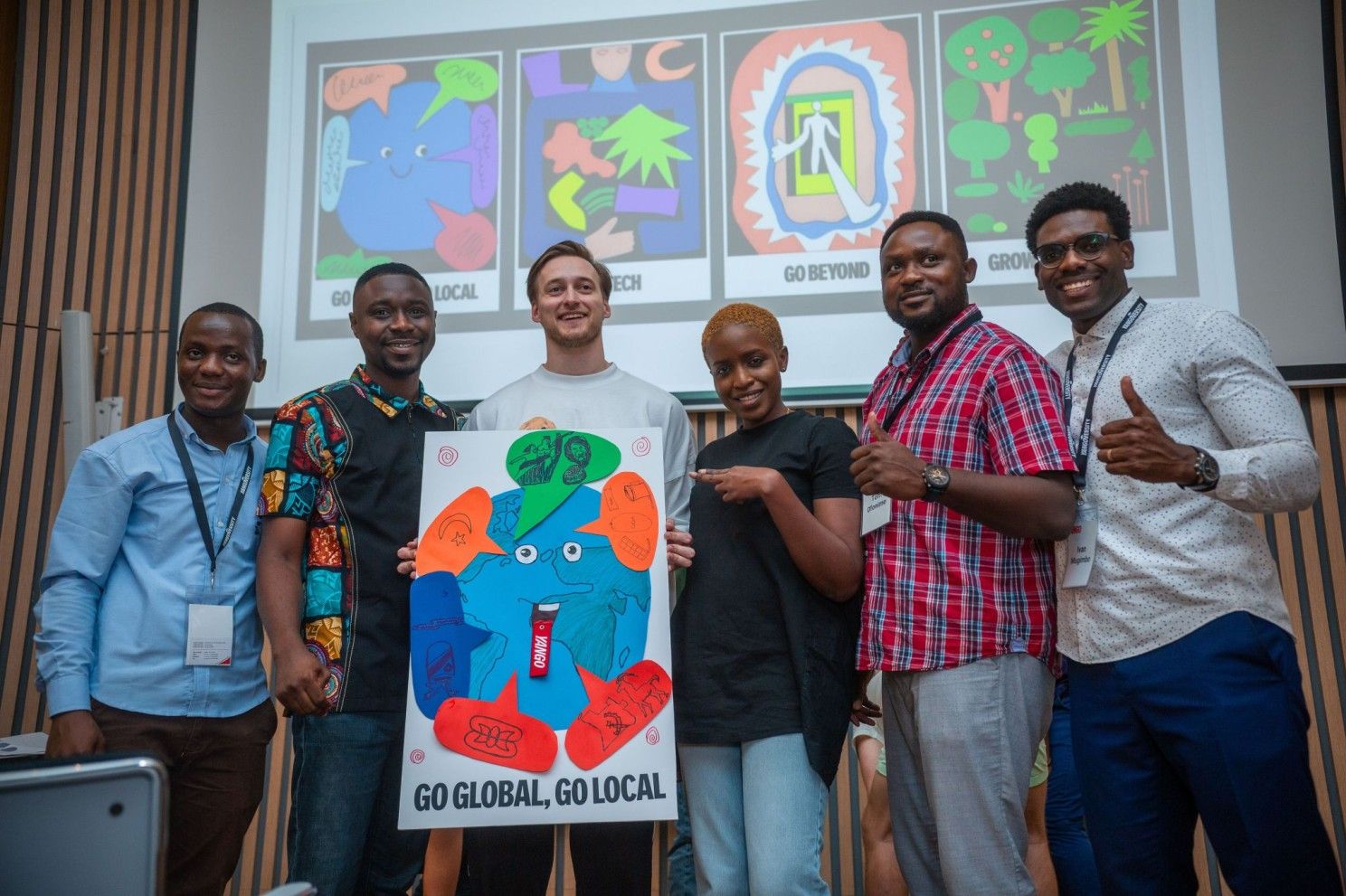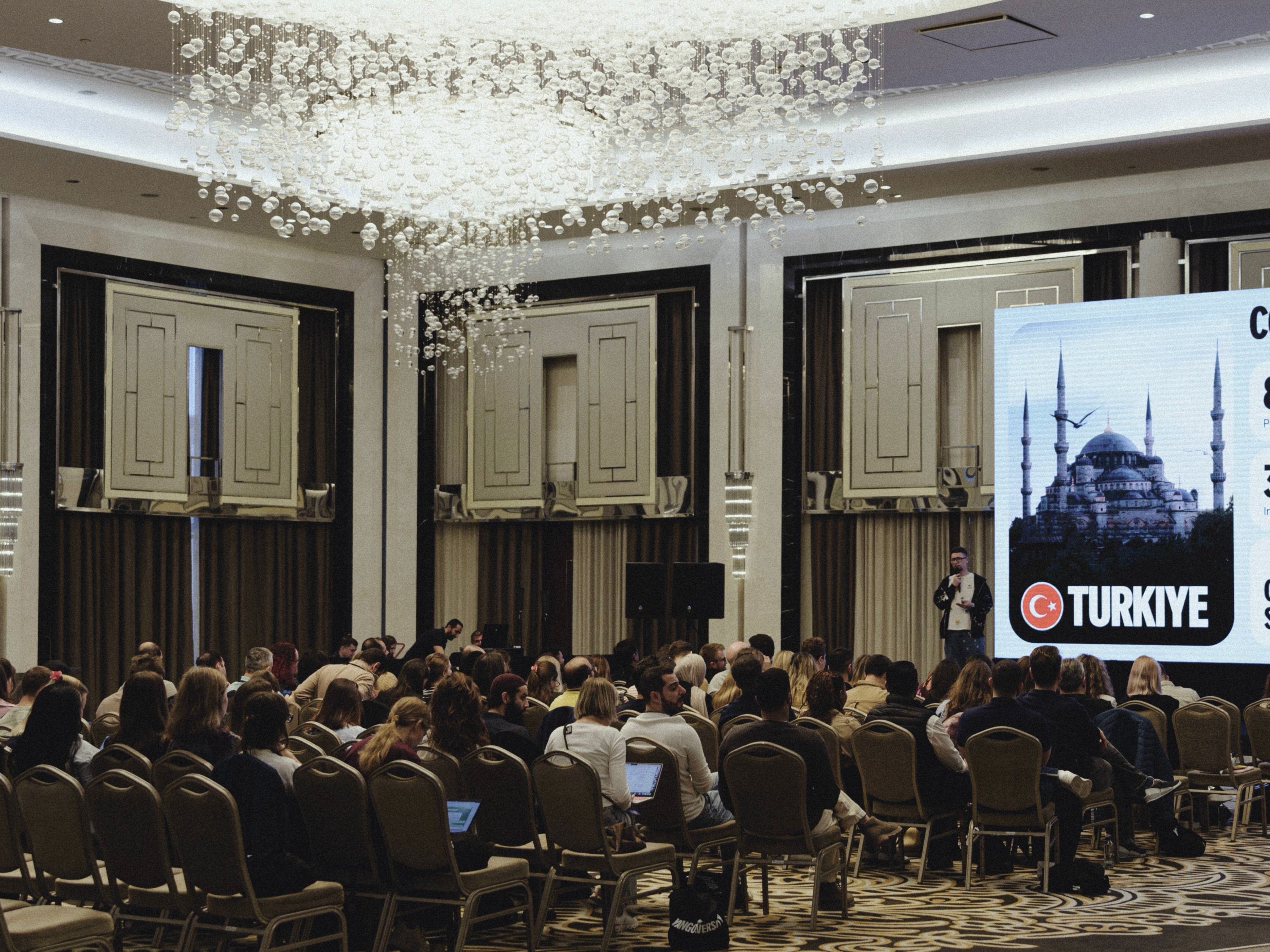
So, we thought a perfect topic to talk about with Ivan would be the sustainable mobility in Angola cities. We asked Ivan what he thinks the future of this industry looks like, and here is what we got 👀:The ride-hailing changed the landscape of urban mobility in Angola. Before the era of ride-hailing in Angola, getting around was a bit of a headache. Public transportation was inconvenient and lengthy, and private taxi companies were very expensive. That is why owning a car wasn’t just a status symbol; it was a necessity given the sprawl of the city and the distance between places. Mobility was a luxury many couldn’t easily afford or access. When Yango came, it bridged the gap, offering safety, convenience, and a touch of luxury with nicer cars compared to traditional taxi services. Catching a ride became both affordable and reliable in just a few taps away, changing how people view and use transportation in their daily lives.Ivan mentioned that if the trend keeps up and ride-hailing keeps growing, it's going to make a big difference in everyday life for the local communities. This change could lead to 3 major shifts:👉🏼 Owning a car won’t be the mustIn Angola, having a car is more about necessity than luxury. Everything's spread out, so you need wheels just to get around. But as ride-hailing grows and cars are just a quick 1-5 minute call away, owning one might not be so important.And if a car is no longer a must, then people will have more savings.👉🏼 Save on cars, spend on education and healthThe money that would have gone into car payments and maintenance might then be freed up for more critical expenses. It could go towards important stuff like education or health care, making a real difference in the lives of Angolan families.👉🏼 Contributing to ecologyWith fewer people feeling the need to own cars, we’re looking at a future with reduced emissions and a healthier environment, not just on the local level but globally. Ride-hailing isn’t just about convenience; it’s paving the way for more sustainable urban living.

We also talked with Ivan on global urban mobilities trends and how he thinks it might affect Angola in particular, and the whole region-world as well.I see how the tech has revolutionized urban mobility, making our daily commutes smoother. And I hope the tendency is going to be even better: from paying for parking with a smartphone to using AI for real-time traffic analysis, we're now able to choose routes that save time and fuel. GPS technology takes it further by steering us clear of traffic jams, optimizing journey for efficiency and eco-friendliness. It's not just about getting from point A to B anymore; it's about making the trip smarter, leaner, and kinder to our planet.We asked Ivan how tech might be integrated into mobility: here are the general tendencies that he highlighted:⚡️ Online Parking PaymentRemember the hassle of digging for change to pay for parking? Well, that's old news. Now, your smartphone handles it. It's a prime example of tech seamlessly blending into our mobility needs, which makes our lives obviously more simple.⚡️ Artificial IntelligenceAI can now analyse traffic patterns in real-time, guiding us to our destinations more efficiently. It's not just about finding the shortest route anymore, but the smartest one.Sometimes the quickest way gets jammed or blocked, right? If a driver ends up stuck in traffic, it's not just frustrating; it's costly in fuel and time. AI steps in to steer us clear of those headaches, proving technology's role in enhancing our daily commutes.⚡️ Advanced GPSGPS has come a long way from just pointing from A to B. Now, it's all about finding the path with the least traffic to help reduce fuel consumption, which impacts our ecological footprint. It's a game-changer for both our wallets and the planet. GPS functionality exemplifies how tech innovations are not just making our journeys quicker but also greener and more cost-effective.As a Yango team, we are doing our best to integrate these tendencies in all regions we are presented at.In our conversation with Ivan Mugimbo, we've seen how ride-hailing is changing the game — making transport easier and transforming how we think about mobility. Technology is now crafting sustainable urban environments, and we, as Yango team, are happy to foster innovative and eco-friendly transportation solutions.




